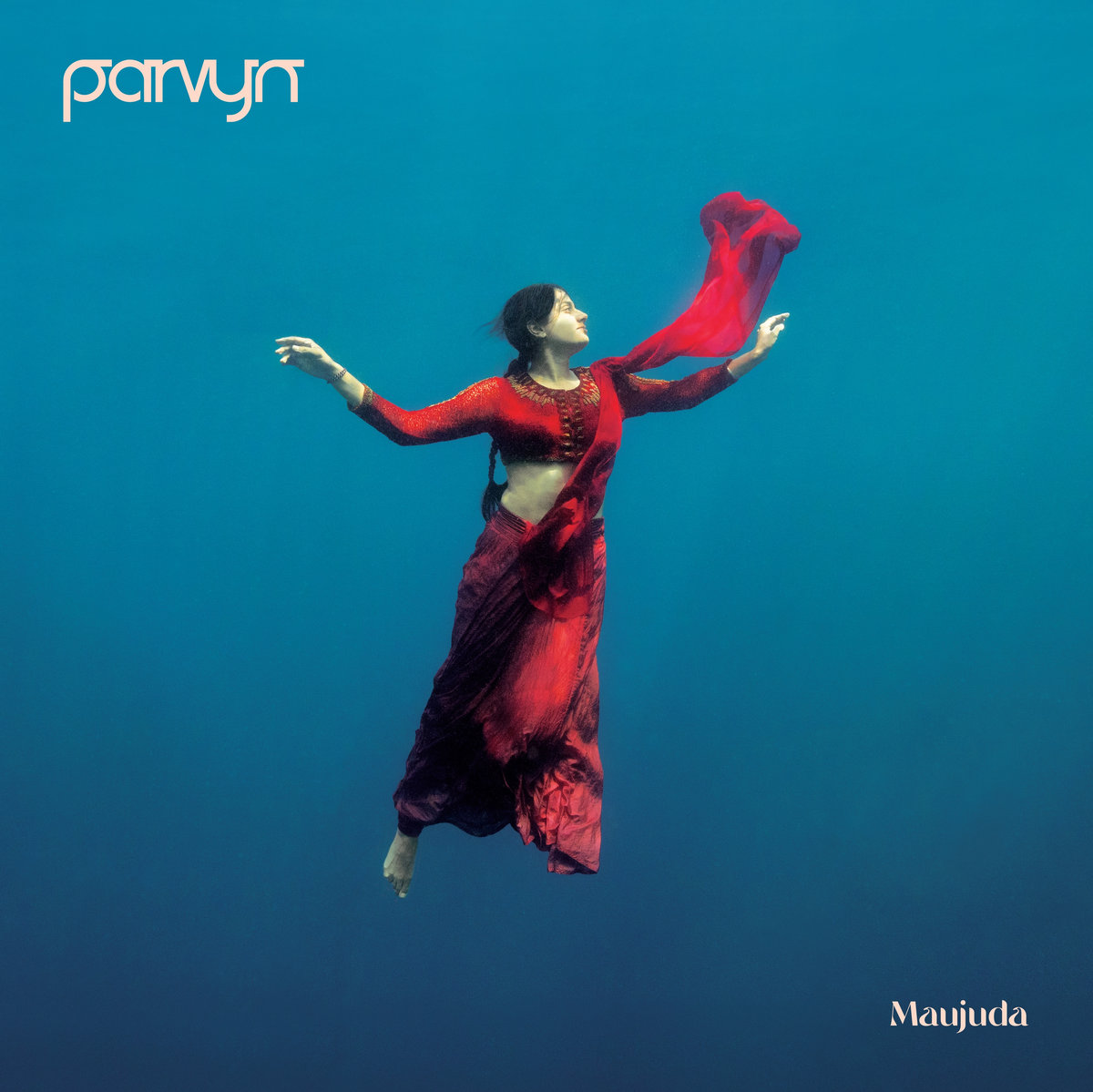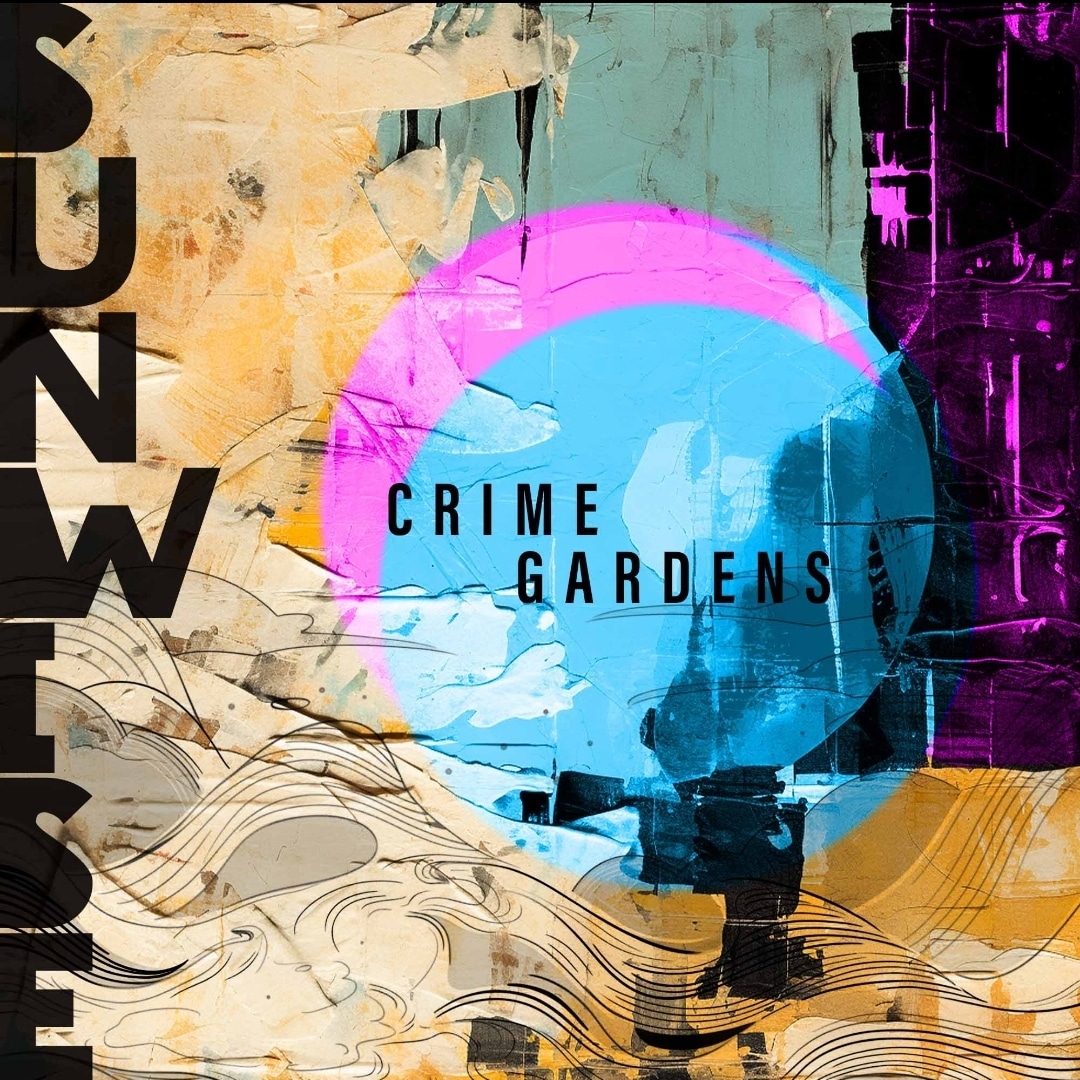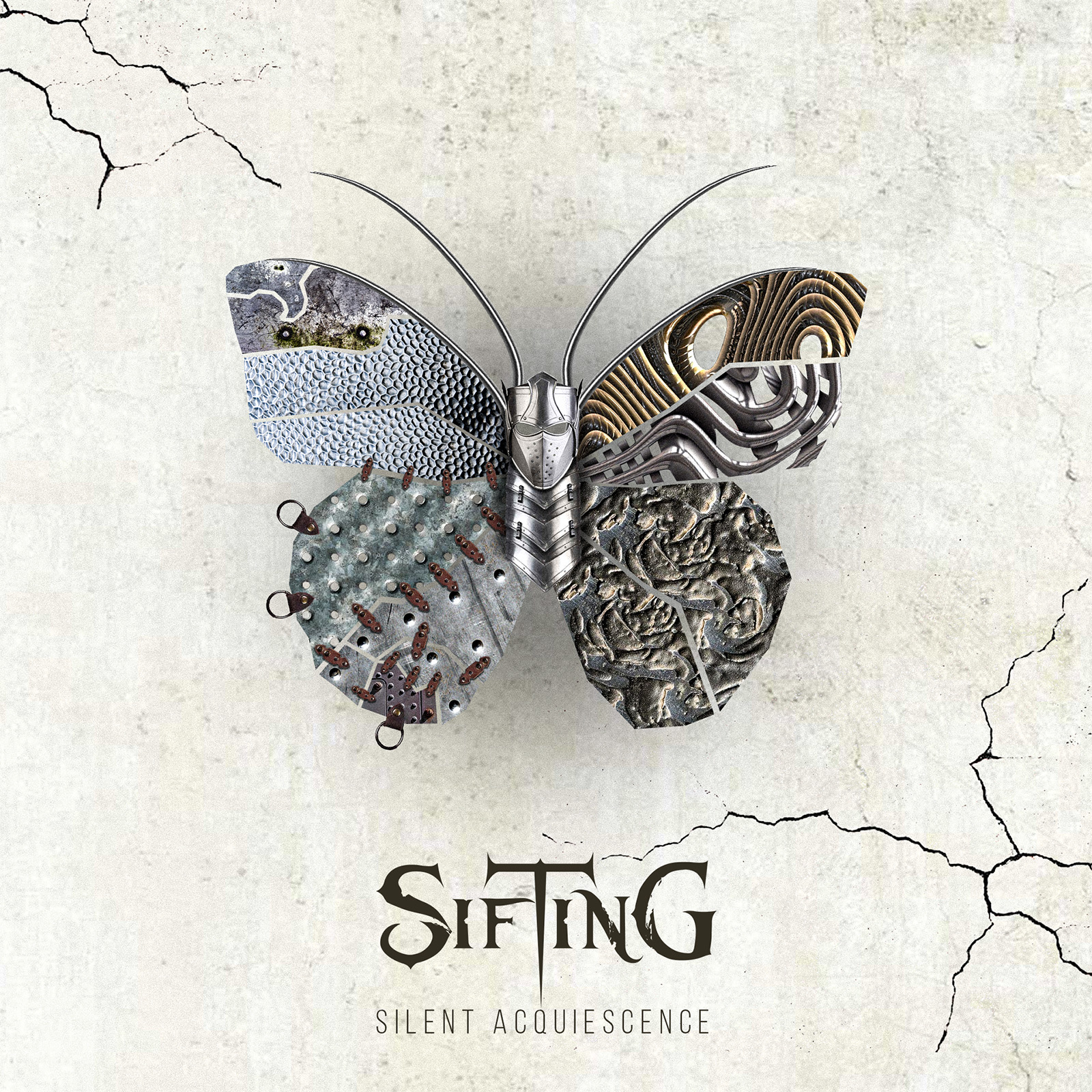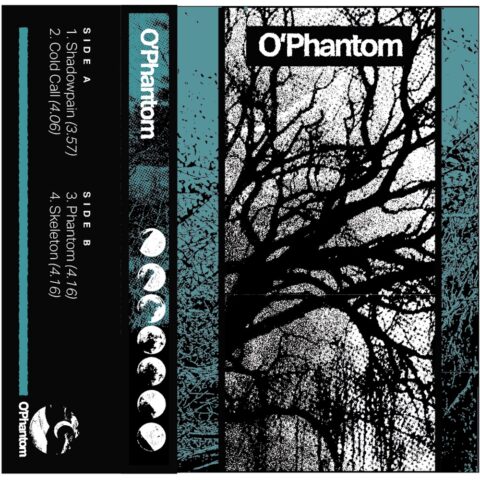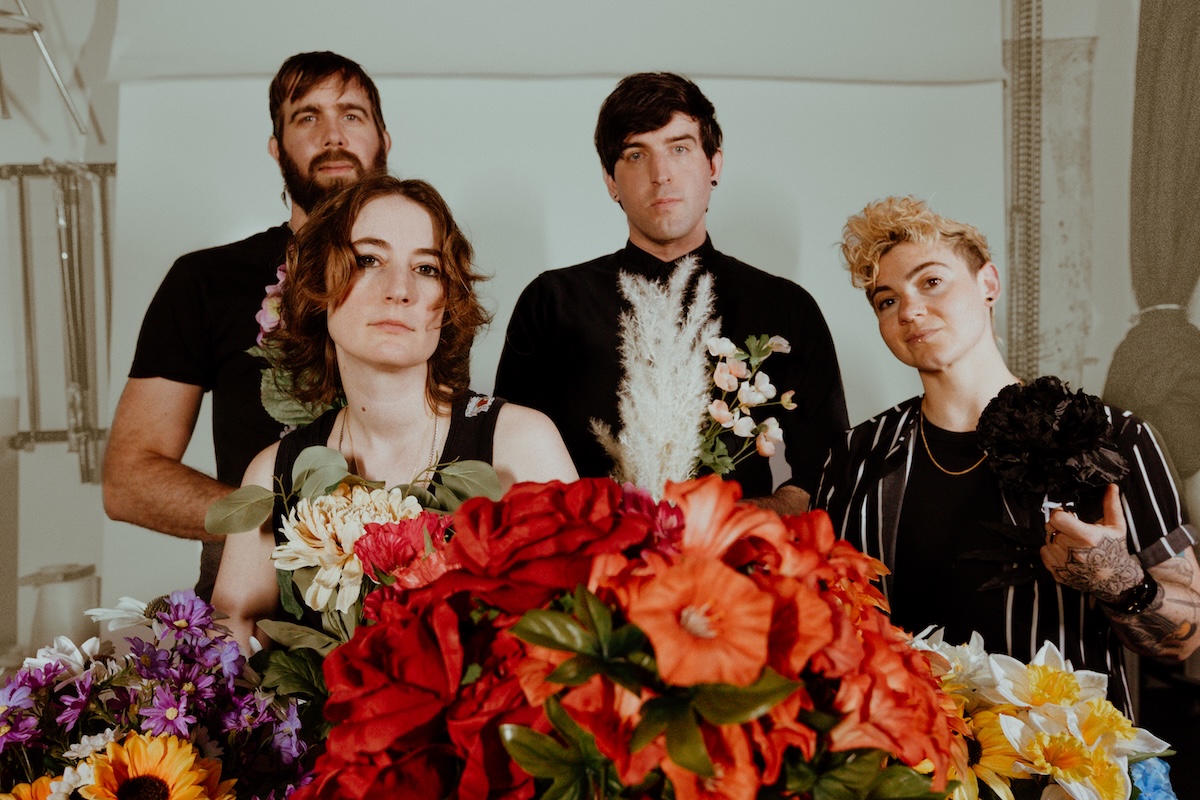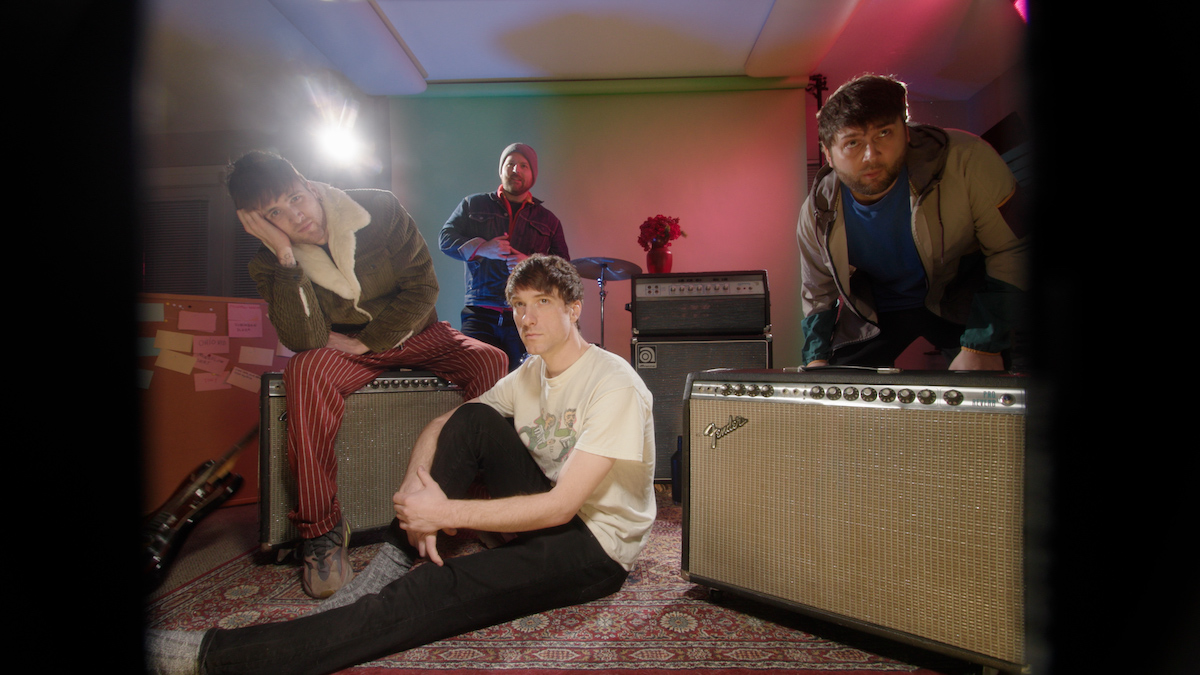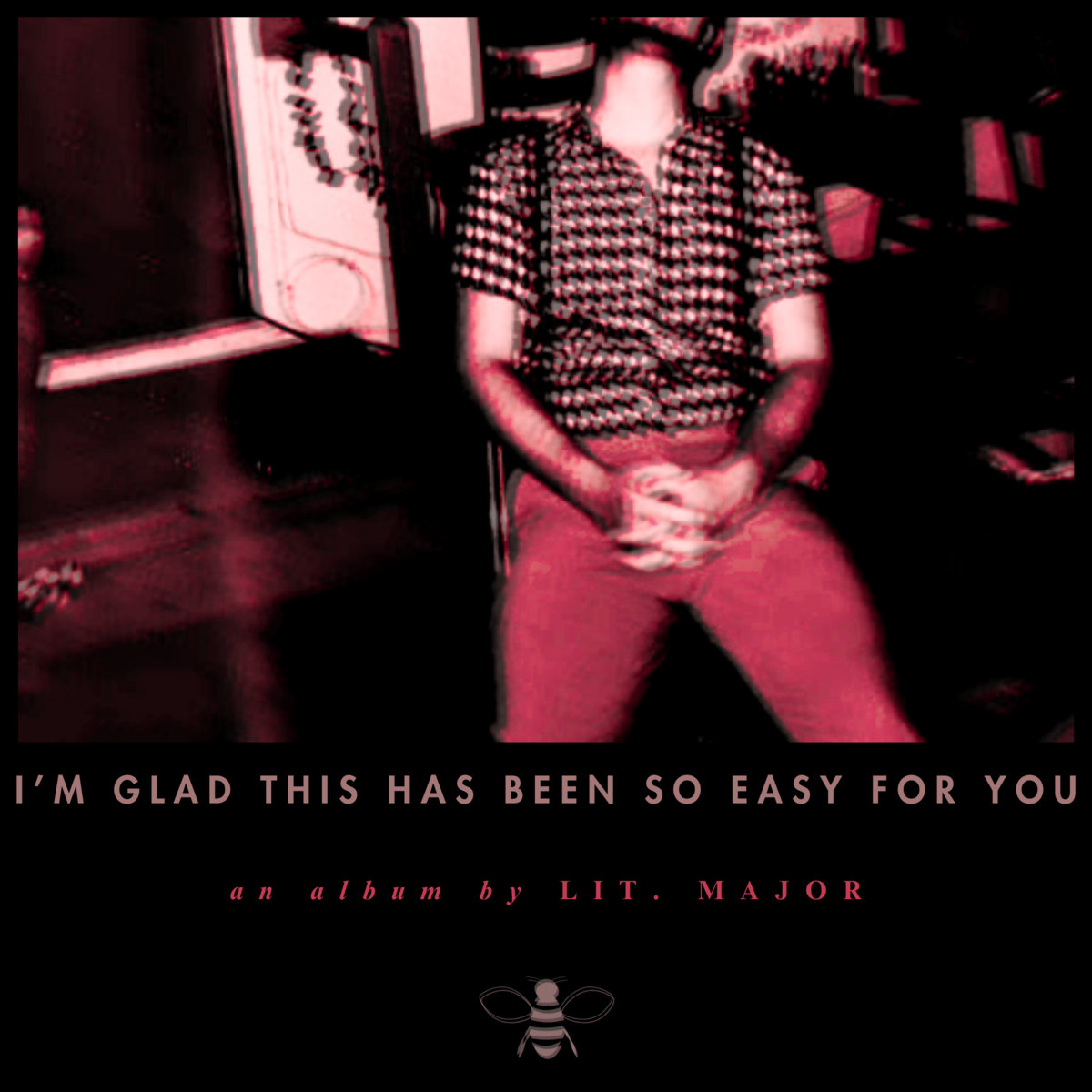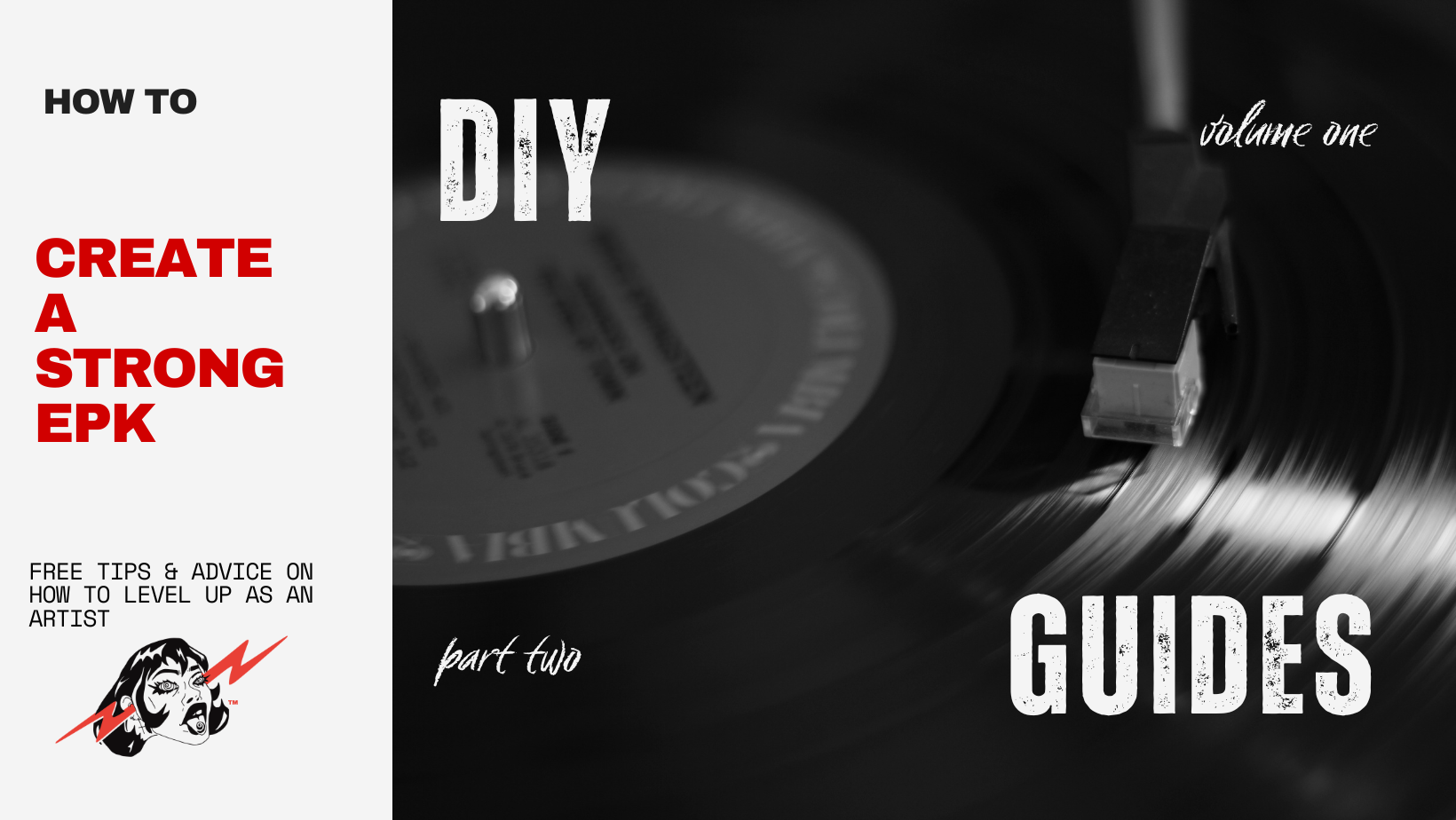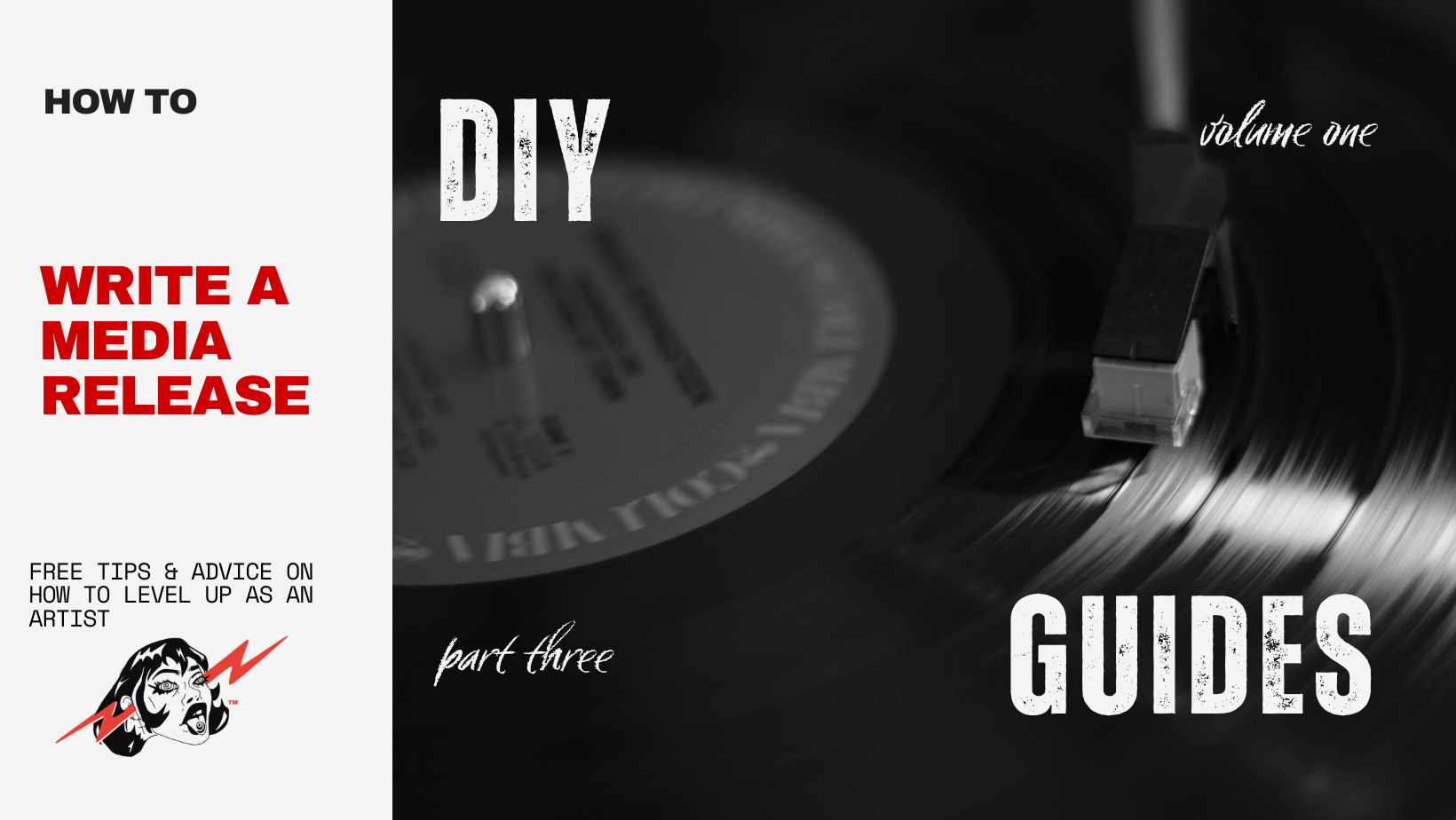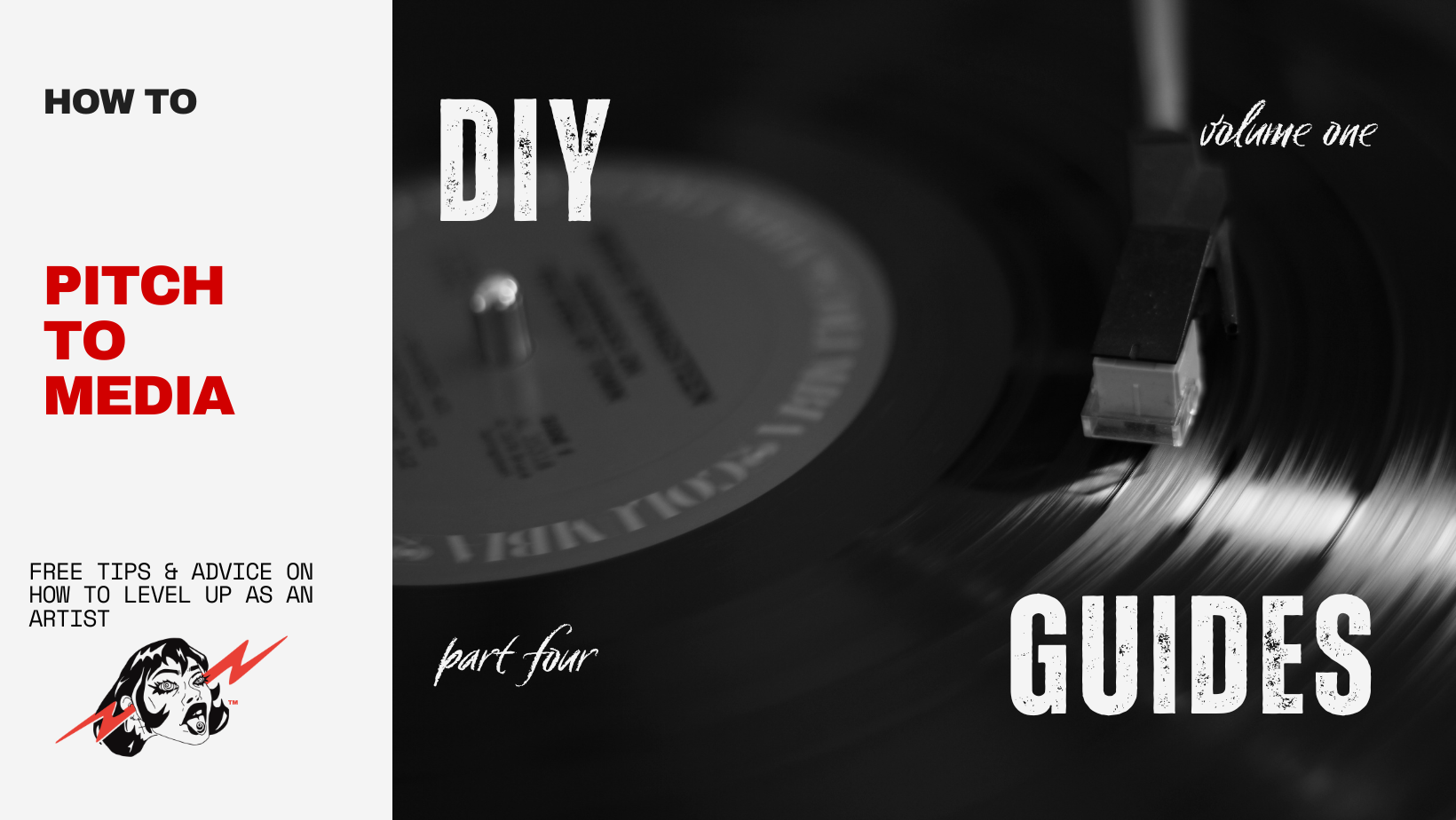Through her experiences as a global artist, Parvyn weaves an intricate tapestry of sounds and stories in her solo project, Maujuda, out on November 1st. Breaking genre boundaries, she melds pop with the timeless essence of classical Indian raga, resulting in a warm and genre-fluid sound. Unlike her captivating work with The Bombay Royale, Maujuda embarks on a vivid journey that delves into complex cultural narratives and deeply personal reflections, offering a unique and intimate glimpse into Parvyn‘s artistic soul.
The album opens with “Free to Be Myself,” a striking anthem of self-acceptance that sets the stage for an album both introspective and outward-looking. It speaks to a universal yearning for freedom but is told with such candour and musical clarity that it feels especially meaningful. The song’s message of personal liberation feels powerfully immediate, grounding the listener in Parvyn’s world while inviting them to consider their own path.
One of the album’s highlights, “Lay Awake” draws from Parvyn’s family history, recounting the tale of her grandmother ‘bebeji’. The narrative here is layered with sentiment and cultural awareness and captures the duality of migrant identity of longing for tradition and the clash with modernity. Her voice exudes both strength and vulnerability, making the song a pivotal part of the album’s story, a connection point for anyone who has experienced generational shifts and cultural continuity.
The production, under Jane Aurora and Mary Ancheta, shines with a balance of depth and ease, showcasing Parvyn’s vocals alongside lush, organic instrumentation. Tracks like “New Game” and “Divine” weave in improvisational electric guitar by Parvyn’s husband, Josh Bennett, that add intriguing textures that connect her traditional influences to a more expansive and contemporary soundscape.
Extending an invitation into the language of her heritage, the Urdu and Punjabi lyrics of “Huna Lai Jio” carry a sense of community and an openness that transcends language itself. The album closes with “Back to the Ocean,” a fittingly contemplative piece that lingers like the final notes of a long, soulful conversation, leaving one with a sense of closure yet eager for more.
Maujuda stands out not only for its ambitious storytelling but for the way it fuses a diverse range of sounds into a cohesive, almost meditative experience. Parvyn‘s voice is mesmerising, but it’s her vision of unity, of culture, of identity that makes this album one to return to again and again.

